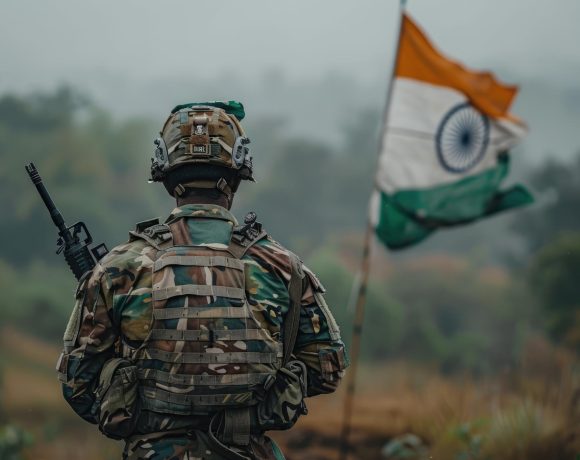
India Suspends Indus Waters Treaty Amidst Terror Tensions
In a major shift in its regional diplomacy, India has suspended the Indus Waters Treaty (IWT), declaring that it will remain in abeyance until Pakistan takes demonstrable and irreversible steps to stop cross-border terrorism. The suspension follows the deadly terrorist attack in Pahalgam, Jammu and Kashmir, on April 22, 2025, which resulted in the death of 26 civilians, most of whom were Hindu tourists.
Signed in 1960 under the auspices of the World Bank, the Indus Waters Treaty is one of the world’s most resilient water-sharing agreements. It allocates the three eastern rivers—Ravi, Beas, and Sutlej—to India, and the three western rivers—Indus, Jhelum, and Chenab—to Pakistan. Despite several wars and decades of strained relations, the treaty had remained largely untouched until now.
Cross-Border Terrorism
India’s decision underscores its longstanding policy that “water and blood cannot flow together.” This doctrine links bilateral cooperation with national security and has been reiterated by successive Indian governments.
External Affairs Minister Dr. S. Jaishankar made it clear that the treaty remains suspended due to Pakistan’s inaction against cross-border terrorism. He stated that no cooperative measures, including water-sharing mechanisms, will resume until Pakistan demonstrates credible action against terror groups operating from its soil.
The Indian government has also dismissed calls for third-party mediation, maintaining that all engagement with Pakistan must be strictly bilateral and conditional on security guarantees.
Pakistan’s Response
Pakistan has responded sharply to India’s move. Senator Syed Ali Zafar called the suspension a “water bomb” and warned of catastrophic consequences for Pakistan’s agriculture and energy sectors, both heavily dependent on the western rivers.
In retaliation, Pakistan has suspended visas for Indian nationals, closed its airspace to Indian aircraft, expelled Indian diplomats, and suspended symbolic agreements like the Simla Accord. Border ceremonies at Attari-Wagah have been scaled down, and Pakistan’s Foreign Ministry has rejected Indian allegations regarding the Pahalgam attack.
While offering condolences to the victims of the terror attack, Islamabad has refused to take responsibility, further widening the diplomatic chasm between the two nations.
Strategic Implications
India’s suspension of the Indus Waters Treaty marks a turning point in South Asian geopolitics. It introduces water as a potential tool of leverage in India’s response to terrorism and alters the decades-old status quo of regional cooperation.
The move could result in India regulating or reducing flows from the Baglihar Dam on the Chenab River and other upstream projects, severely impacting Pakistan’s irrigation, hydropower, and drinking water supplies.
The international community has taken note. UK Foreign Minister David Lammy confirmed that the United Kingdom, in collaboration with the United States, is working toward establishing a durable ceasefire and initiating confidence-building measures between India and Pakistan.
As tensions escalate, the global spotlight will remain on whether diplomatic efforts can steer both countries toward de-escalation, or if the treaty—once considered a model for transboundary cooperation—becomes another casualty of unresolved conflict and terrorism.


















